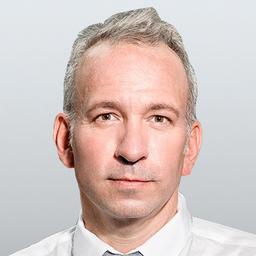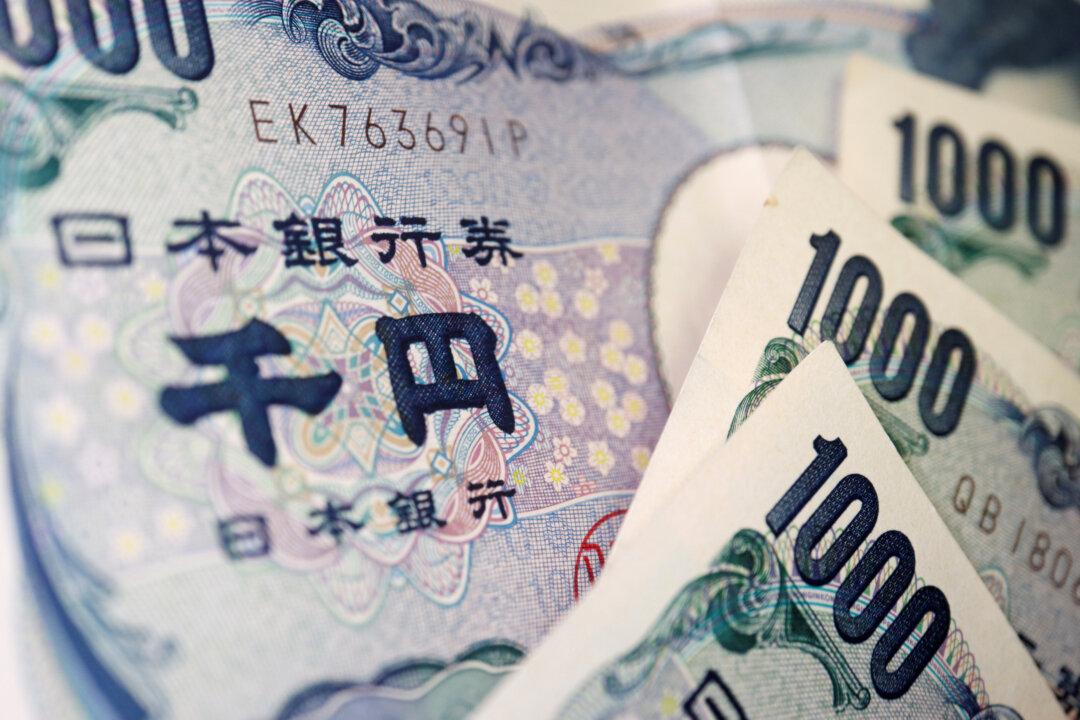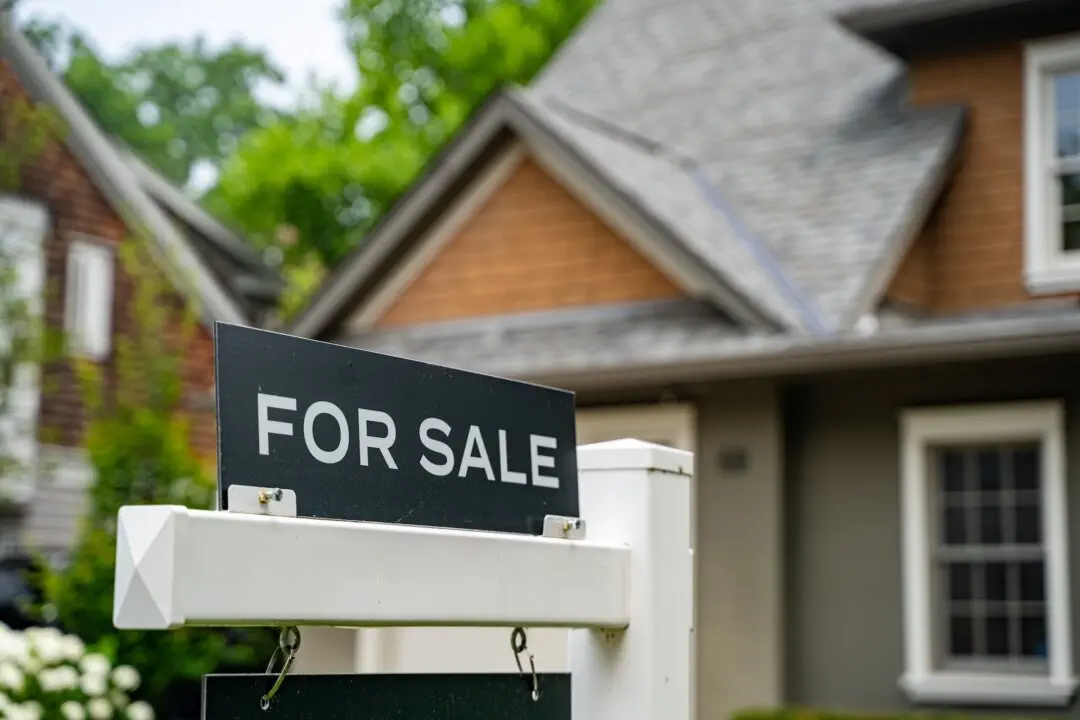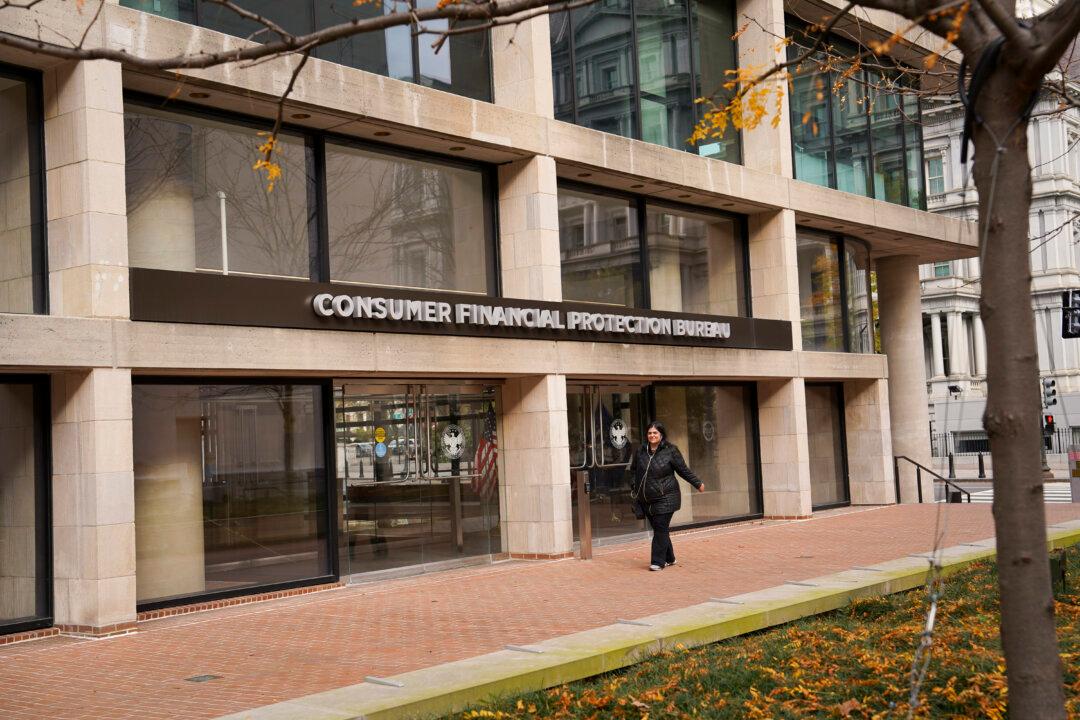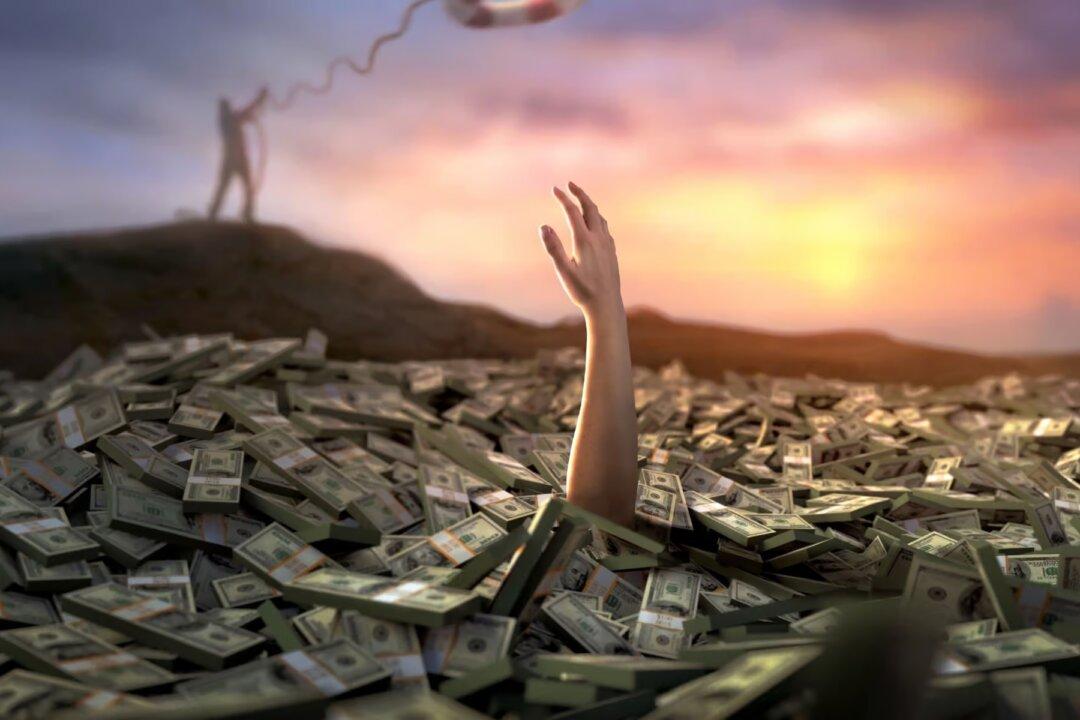From the left we often see tension between those who want to help the poor, and those who want to help the government. One recent example of this is the proposal to ban cash forwarded by Harvard’s Ken Rogoff.
The gist of Rogoff’s beef with cash is that cash fuels the black market, and it makes it harder for the government to push negative nominal interest rates. In both cases, Rogoff doesn’t even get that he’s describing benefits of cash, not problems to be solved.
The fact that cash enables black market transactions is one of its greatest benefits to the poor and undercapitalized. The poor cannot afford to navigate regulatory thickets installed by bored bureaucrats on behalf of the powerful. The choice, then, is to set up an informal, cash-based business, or none at all. Recent debates over Uber’s taxi-services or Mom-and-Pop hair braiding remind us of the never-ending roadblocks placed in the way of entrepreneurs, and especially small entrepreneurs, by government. Indeed, without government who would harass small business? Government definitely built that.
The victims of this arbitrary harassment are disproportionately small businesses, who lack the ability to write checks to political godfathers. We will never know how many businesses are not started In the face of regulatory costs: those unstarted businesses are like the unbought alternatives in Bastiat’s parable of the broken window. The number is certainly large.
In 2011 the Kauffman Foundation found that 54 percent of Americans aged 18-34 either want to start a business or already have started one. Meanwhile, in a study by oDesk and Millennial Branding, 35 percent of 18-35 year-olds have started a business, while a full 72 percent would like to quit their jobs and start a business. We’re not talking a small group here. We’re talking about most Americans. Translating into terms politicians understand, we’re talking most voters.
Cash, of course, lets these people start businesses free of regulatory harassment. It’s an efficient system, actually; you start an informal cash-based business, braiding hair or designing websites. You’re paid under the table, so you can skip the regulatory costs. Meanwhile, as you do get bigger, opening franchises city-wide, say, you will need to register and pay those costs. But you’re now big enough to absorb them better.
In other words, black-market business is the “venture capital” industry of the poor and young. Cash provides early-stage immunity from regulatory burdens that would otherwise strangle small entrepreneurs.
The second part of Rogoff’s complaint moves us to the economy-wide level. He wants negative interest rates, and blames cash for making this harder. Here Rogoff betrays his ignorance of the rich classical and Austrian literature on business cycles. Outside the Keynesian reality distortion field, in real economics, it’s precisely government-managed low interest rates that cause the business cycle. Money’s too cheap, dumb projects get funded, and those dumb projects turn out to be unsustainable.
Since he doesn’t understand classical economics, Rogoff thinks he’s pushing for some free lunch sugar-high, when what he’s really asking for is a magnification of business cycles. He might think whether the next recession/depression really should be magnified by ever-lower rates.
Rogoff’s cashless society is aimed squarely at kneecapping the poor. He would stamp out early-stage small business, especially the resource-poor start-ups that are often the best way up for the poor and the young. Obviously, this would increase inequality, raise poverty and trim prosperity. Of course, if types like Rogoff manage to knock out an important rung from the ladder to the middle class, you can be sure they will reflexively blame the destruction on the rich or, better, greedy GOP billionaires. It’s the standard socialist pattern — destroy the poor then blame the rich. “Accelerating the contradictions,” as Lenin put it.
We'll see much worse if Rogoff gets his way on interest rates; more extreme cycles, with the poor, as usual, taking the most savage hits in the downturns. Again, types like Rogoff will be ready with talk of Chinese savings or internet price compression, whatever fashionable explanation lets Harvard econ off the hook for not reading their Mises and Hayek.
Peter St. Onge is a Summer Fellow at the Mises Institute and an Assistant Professor at Taiwan’s Fengjia University College of Business. He blogs at ProfitsOfChaos.com. Republished from Ludwig von Mises Institute under Creative Commons License 3.0.
*Image via Shutterstock

